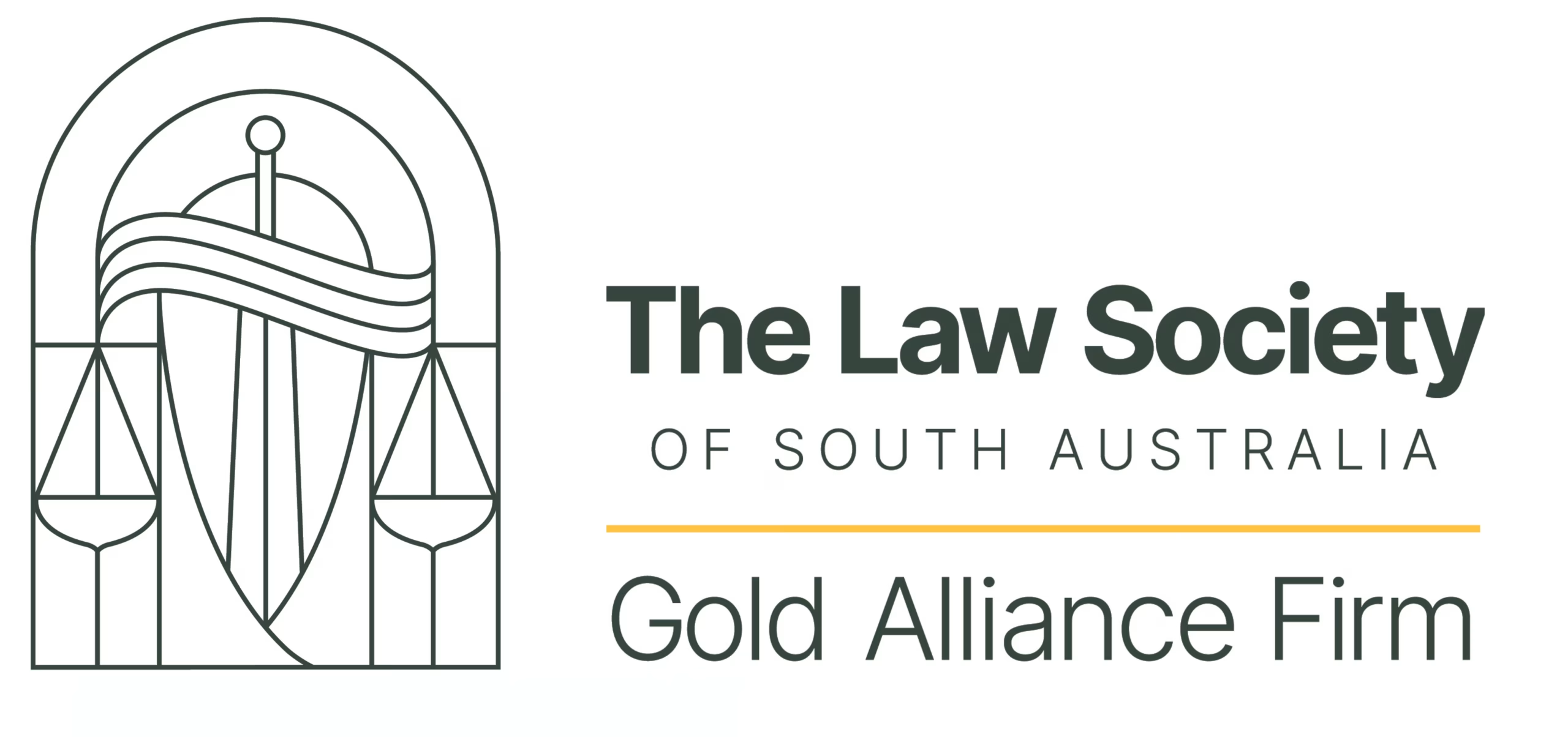If you have been named as the Executor in a Will, you should seek legal advice about your role and responsibilities in administering the estate.
In most cases, you will need to apply for Probate, however, there are some circumstances when Probate may not be required, and it is always a good idea to seek legal advice.
Probate involves an application to the Supreme Court with the Original Will, Death Certificate, estate assets and liabilities and verification of identity of the Executor(s).
When Probate is granted, the Executor has the legal authority to manage and distribute the estate in accordance with the Will.
Probate is not always required
You may not need to apply for Probate if the deceased owned assets jointly with another person, but it is always best to obtain legal advice.
For joint bank accounts, the account will pass directly to the surviving joint owner and Probate will not be needed.
For accounts in the sole name of the deceased, the financial institution will tell you if the balance in the deceased’s account is under the amount that requires you to obtain Probate and this amount can vary between banks and credit unions.
For jointly owned property (i.e. a house), whether Probate is required will depend upon the type of joint ownership of the property and it may be necessary to obtain a Certificate of Title for the property to confirm how the property is owned (joint tenants or tenants in common).
If you are unsure if Probate is required or need help with the process, contact FJS Lawyers today for a 30-minute free first appointment to review the Will and estate assets. We will advise you and provide an estimate of costs. We will usually defer payment of our fees until you have access to the estate funds.
FJS Lawyers has extensive experience with Probate applications, and we are here to guide and support you throughout the process – reach out to our friendly team.






